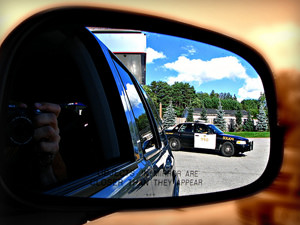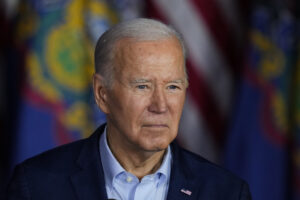Top Court Curbs Unwarranted GPS Bugging
Scary to think that the implication behind the Supreme Court's ruling, which came down on Monday, that police and other law enforcement agents would need a warrant to plant GPS tracking devices on suspects' vehicles is that this kind of bugging was obviously happening before without that key intermediary step. Score one for the Fourth Amendment.
Scary to think that the implication behind the Supreme Court’s ruling, which came down on Monday, that police and other law enforcement agents would need a warrant to plant GPS tracking devices on suspects’ vehicles is that this kind of bugging was obviously happening before without that key intermediary step. Score one for the Fourth Amendment. –KA
Your support matters…BBC:
Officers will now have to seek permission from a judge before using such devices to monitor suspects.
The ruling could have an impact on the investigation of major crimes such as drug smuggling.
But it will be welcomed by civil liberties campaigners who have warned against unwarranted surveillance.
The Supreme Court considered the issue as part of the case against a suspected drug smuggler who was convicted after his car was tracked by GPS.
Independent journalism is under threat and overshadowed by heavily funded mainstream media.
You can help level the playing field. Become a member.
Your tax-deductible contribution keeps us digging beneath the headlines to give you thought-provoking, investigative reporting and analysis that unearths what's really happening- without compromise.
Give today to support our courageous, independent journalists.






You need to be a supporter to comment.
There are currently no responses to this article.
Be the first to respond.